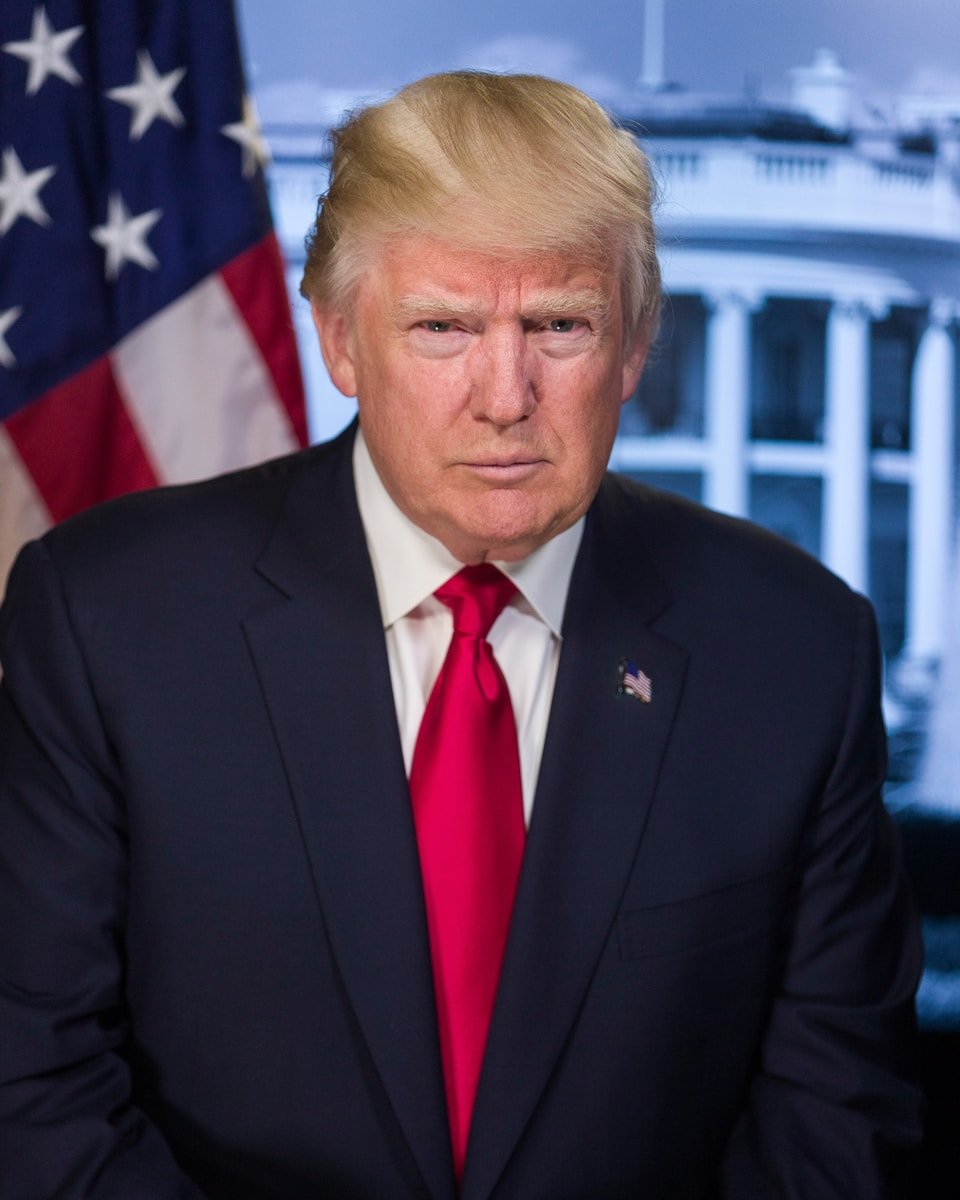1. Reinstatement of the Mexico City Policy
President Donald Trump, now in his second term, signed an executive order Friday that reinstates and broadens the so-called Mexico City Policy, a long-standing rule barring foreign non-governmental organizations (NGOs) from receiving U.S. funds if they provide or promote abortion. Nicknamed the “global gag rule” by its opponents, the policy has been introduced by every Republican president in the past 40 years and rescinded under every Democratic president.
Under this expanded version, not only must foreign NGOs refrain from performing or actively promoting abortions, but any organization that partners with or funds an entity that does not comply with these restrictions may also lose its access to U.S. aid. The policy was first broadened eight years ago, during Trump’s initial time in office.
2. Impact on Global Health Services
The newly signed order arrives alongside the Helms Amendment and other federal laws already prohibiting direct U.S. funding for abortion. Critics argue that these restrictions reduce global access to critical healthcare, especially in developing countries. Many NGOs provide essential services—such as family planning, HIV/AIDS treatment, prenatal care, and nutritional programs—that have no direct link to abortion. Under the policy, these organizations risk losing funding for all of their health initiatives if they fail to comply with the abortion-related requirements.
Advocacy groups warn that the broadening of these rules will have a chilling effect on women’s health services worldwide, potentially limiting comprehensive reproductive care and counseling options.
3. Hyde Amendment Enforcement
On the same day, President Trump signed a separate order reasserting the Hyde Amendment, which bars the use of federal funds for most abortions within the United States. Though it has been standard legislation since 1976, Trump emphasized that its enforcement would be a priority. This move aligns with the administration’s broader anti-abortion stance and signals a continuation of restrictions on publicly funded abortion procedures.
4. Actions Surrounding the March for Life
The timing of the orders coincided with the annual March for Life in Washington, D.C., where President Trump delivered a video address praising the demonstrators and reaffirming his administration’s commitment to “stand proudly for families and for life.” He touted the appointment of three Supreme Court justices during his first term, noting their role in overturning Roe v. Wade.
Crowds at the rally cheered the announcement that Trump had pardoned a group of anti-abortion activists who had been convicted of blockading abortion clinics. This move drew both praise from social conservatives and criticism from abortion-rights advocates, who say it encourages disregard for legal protections around reproductive healthcare facilities.
5. Scaling Back FACE Act Enforcement
In a related action, the Department of Justice issued a memo instructing federal prosecutors to limit enforcement of the Freedom of Access to Clinic Entrances (FACE) Act to “extraordinary circumstances.” Enacted in 1994, the FACE Act makes it illegal to interfere with or threaten those seeking or providing reproductive healthcare. Under the new guidance, federal involvement will typically be reserved for cases involving deaths, serious bodily harm, or significant property damage, leaving most other offenses to local authorities.
Critics of the policy change worry it could embolden extremist groups that have historically targeted clinics with protests and sometimes violence. Supporters argue that the federal government should not oversee what they see as non-violent protest matters.
6. Vice President Vance Addresses Rally
Vice President J.D. Vance spoke at the March for Life, crediting President Trump with “delivering on his promise of ending Roe,” appointing conservative judges, and issuing high-profile pardons for anti-abortion activists.
“Our country faces the return of the most pro-family, most pro-life American president of our lifetimes,” Vance declared, vowing that the administration would continue to champion anti-abortion measures both at home and abroad.
7. Ongoing Debate and Response
Friday’s actions underscore the administration’s deep commitment to curbing abortion access and funding—policies that resonate strongly with its conservative base while provoking condemnation from abortion-rights supporters. As these new restrictions take effect, healthcare providers abroad and advocates at home are bracing for what they see as an extended fight over funding, care accessibility, and legal protections.
For now, the global abortion debate remains heated, with the Trump administration once again placing its stance front and center on the world stage.
